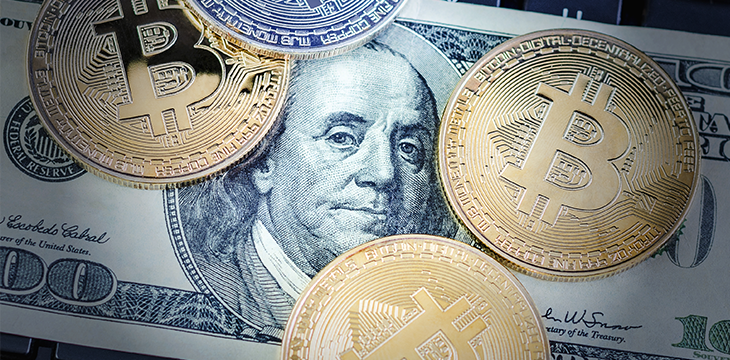|
Getting your Trinity Audio player ready...
|
The U.S. state of Pennsylvania has confirmed that cryptocurrency exchanges are not money transmitters, and therefore do not require a money transmission license to do business in the state.
The state Department of Banking and Securities (DoBS) said it had issued clarifications following a spate of enquiries from crypto businesses in the state. Confirming cryptocurrencies were not ‘money,’ those companies involved in crypto exchange were exempt from the provisions of the Money Transmitter Act and the Money Transmission Business Licensing Law.
As a result, the department stated, crypto exchanges do not need to be licensed in the same way as money transmission businesses.
The act restricts the definition of money to apply only to U.S. government issued fiat currency, and thus far “no jurisdiction in the United States has designated virtual currency as legal tender.”
Businesses transmitting money between parties are obliged by law to charge a fee for the service, and require a license from the DoBS. However, because crypto exchanges are not transferring fiat, and transactions are conducted indirectly between bank accounts, the guidance says they fall outside the scope of the legislation.
According to the clarified guidance, the same rules apply to other crypto businesses, such as ATMs, vending machines and kiosks.
The department noted, “In both the one-way and two-way Kiosk systems, there is no transfer of money to any third party. The user of the Kiosk merely exchanges fiat currency for virtual currency and vice versa, and there is no money transmission.”
The clarification comes three years after the Pennsylvania government said it was looking to update the definition of money to include cryptocurrencies. The bid was ultimately ill-fated and fell with the unsuccessful government budget of the day.
At a federal level, however, firms engaging in ICOs would likely still fall within the scope of the money transmission regulations.
Back in March last year, the position for ICOs and token sales was confirmed by the Financial Crimes Enforcement Network.
“An exchange that sells ICO coins or tokens, or exchanges them for other virtual currency, fiat currency, or other value that substitutes for currency, would typically also be a money transmitter,” it stated.

 02-27-2026
02-27-2026 




